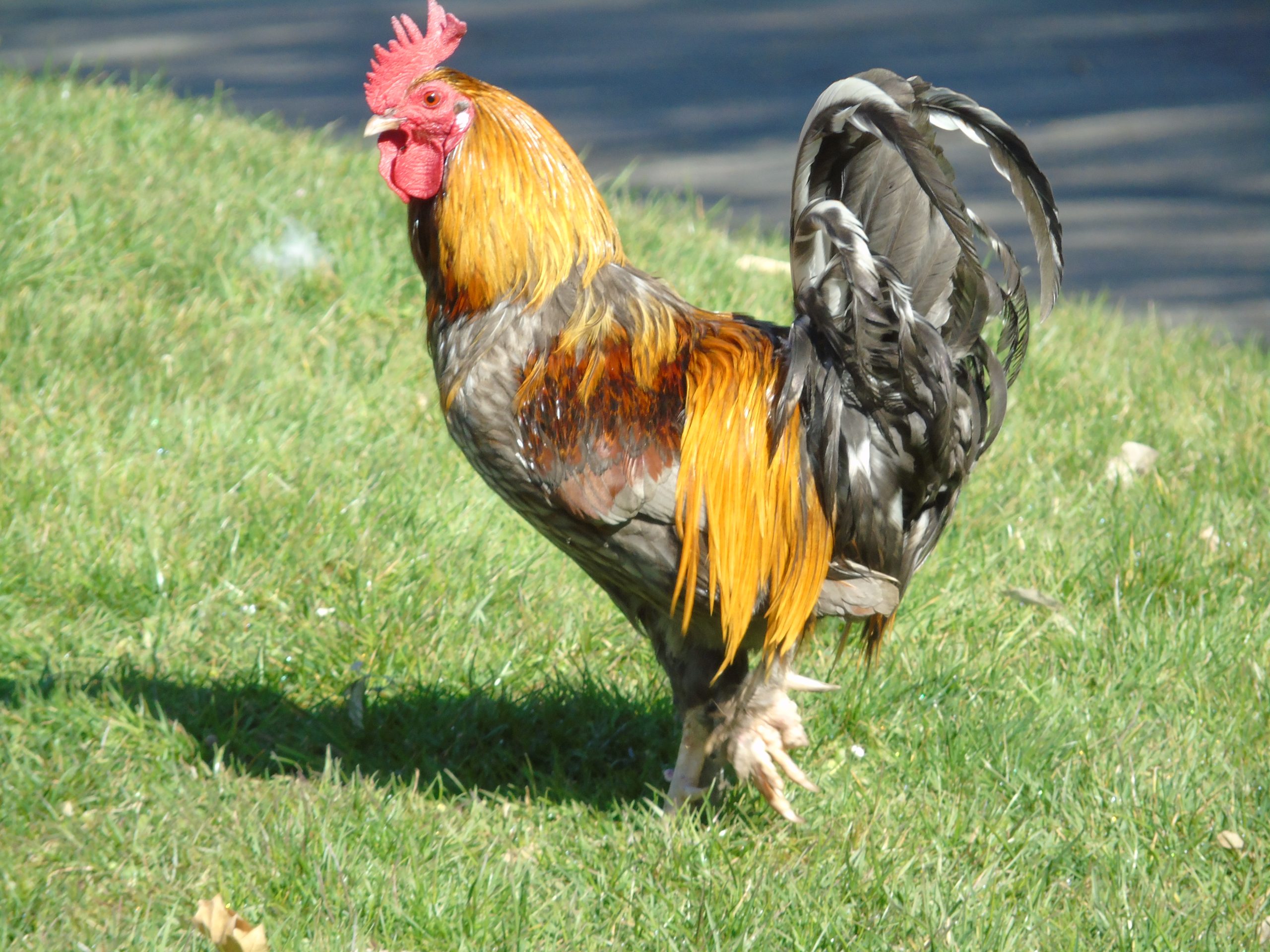Chickens, scientifically known as Gallus gallus domesticus, are one of the most common and widespread domestic animals. Originating from the red junglefowl in Southeast Asia, chickens have been domesticated for thousands of years and play a crucial role in human agriculture and culture.
Historical Background
The domestication of chickens is believed to have started around 7,000-10,000 years ago. They were initially kept not only for their meat and eggs but also for their use in cockfighting, a practice that has ancient roots in various cultures around the world. Over time, selective breeding has led to a wide variety of chicken breeds, each adapted to specific purposes, whether for meat, eggs, or ornamental purposes.
Economic Importance
Chickens are a vital part of the global agricultural economy. They are a primary source of protein for billions of people through their meat and eggs. The poultry industry is a significant contributor to the economy, providing employment to millions and contributing substantially to food security. The efficiency of chickens in converting feed into protein makes them a sustainable choice for meat production compared to larger livestock.
Cultural and Social Impact
Beyond their economic value, chickens have a notable cultural presence. In many societies, they symbolize prosperity and fertility. Chickens feature prominently in folklore, art, and literature. In addition, urban farming and backyard chicken-keeping have gained popularity in recent years, with many people valuing the connection to their food sources and the sustainability of raising chickens.
Health and Nutrition
Chicken meat and eggs are packed with essential nutrients. They provide high-quality protein, vitamins, and minerals such as vitamin B12, zinc, and iron. However, it is essential to manage chicken farming practices responsibly to avoid issues related to antibiotic resistance and ensure the welfare of the animals.
Environmental Considerations
While chickens are more environmentally efficient than other livestock, poultry farming still poses environmental challenges. Waste management, resource consumption, and the impacts of large-scale farming practices need to be carefully managed. Sustainable farming practices, such as free-range and organic farming, are becoming more prevalent as consumers become more environmentally conscious.
Conclusion
Chickens hold a significant place in human society, providing essential nutrition and economic benefits while also playing a role in cultural practices. As we move towards more sustainable agricultural practices, the role of chickens is likely to continue evolving, highlighting the need for responsible farming to ensure their positive impact on both human health and the environment.
















